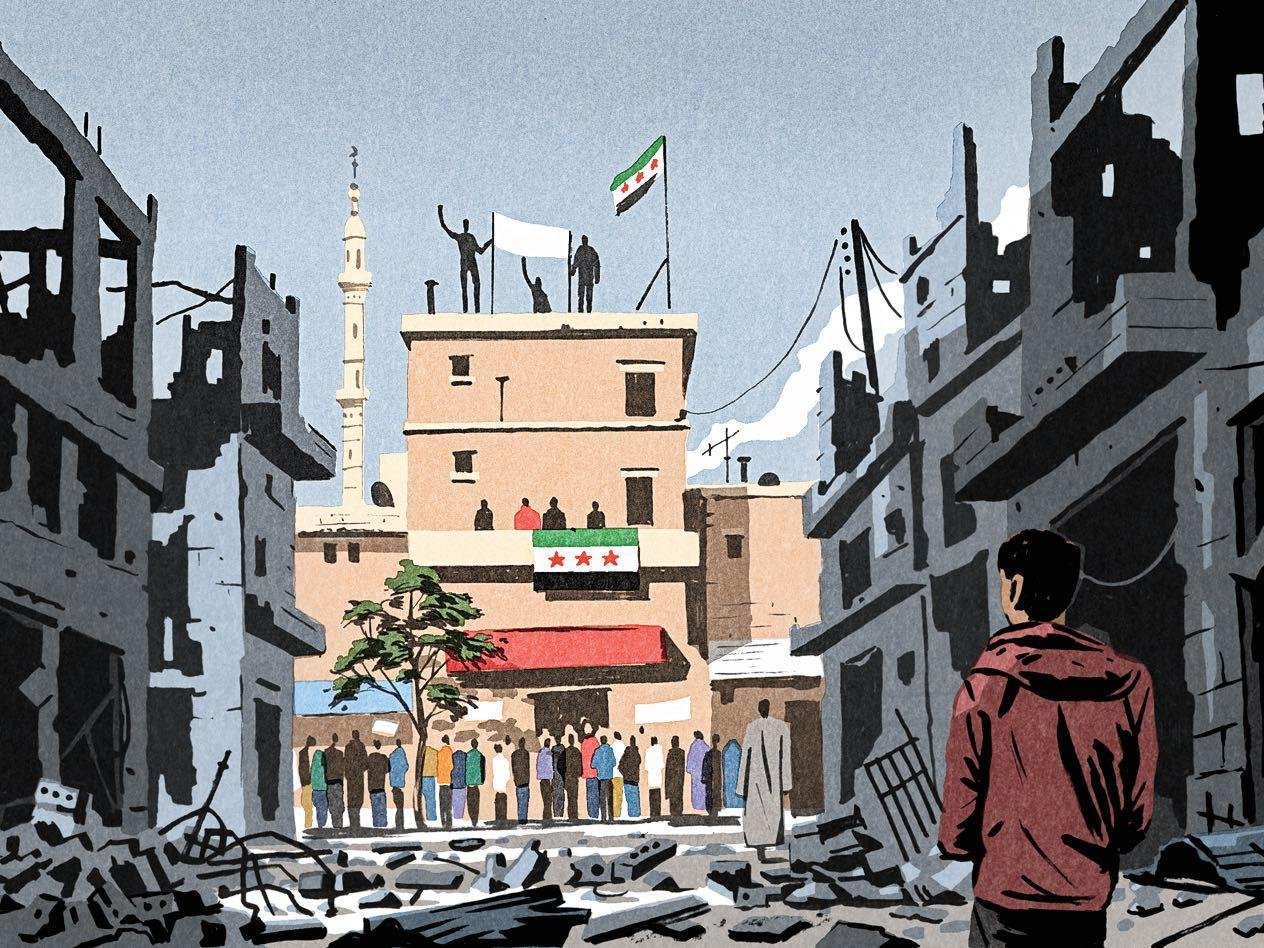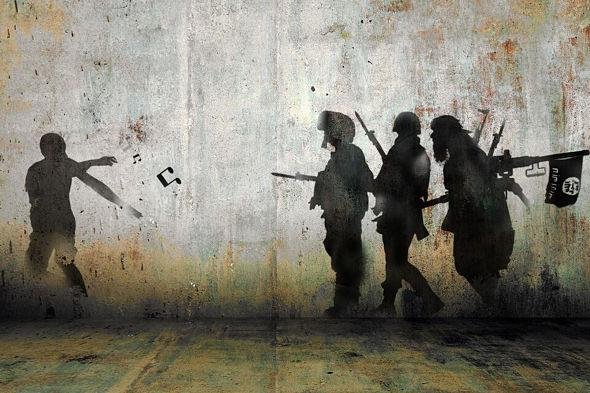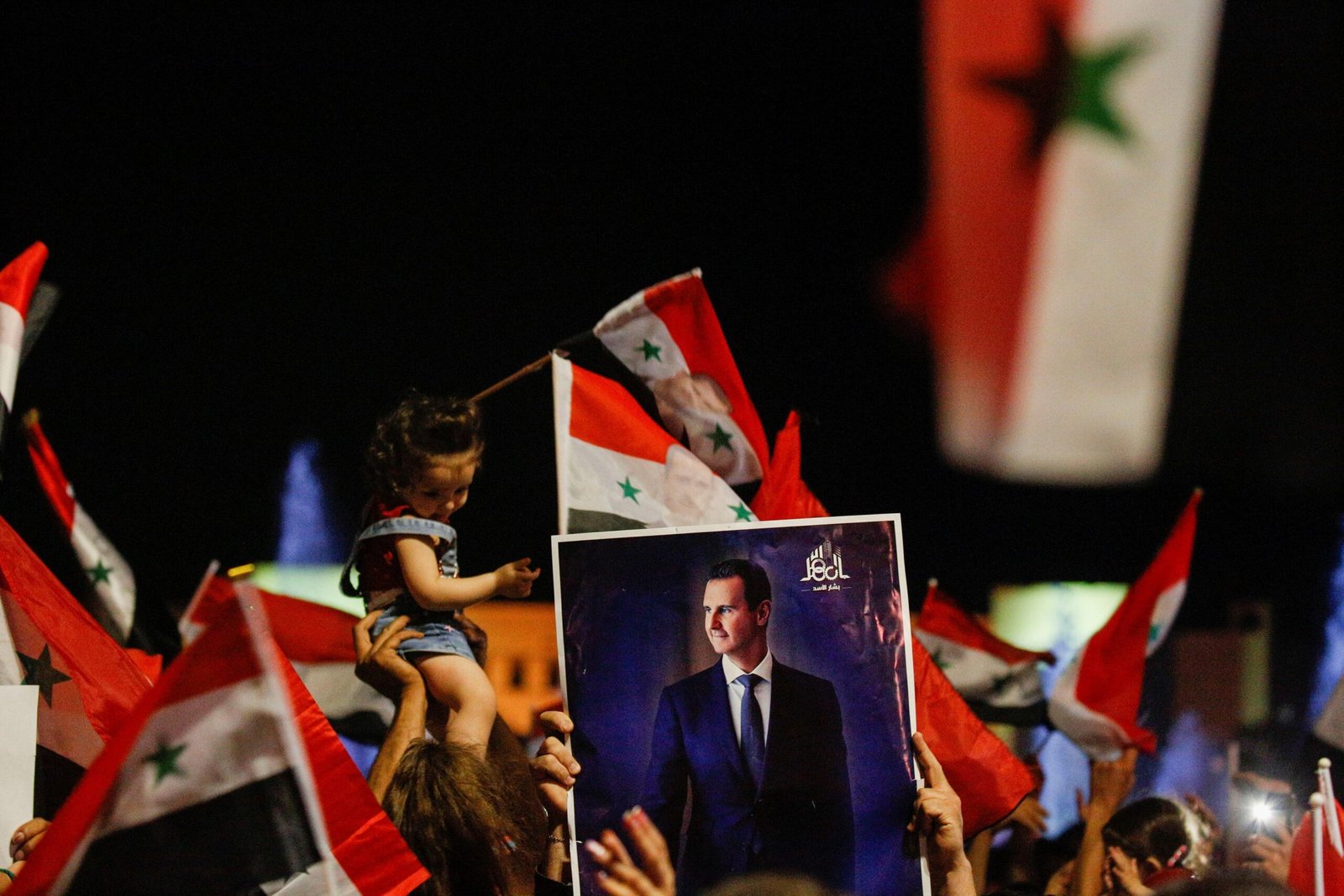Israel advances into Syrian territory after Assad’s overthrow, fueling alarm
As the dust settles on the tumultuous overthrow of Syrian President Bashar al-Assad, Israel has made a strategic move into the neighboring country’s territory. This incursion has sent shockwaves through the region, raising concerns about potential conflict escalation and the redrawing of fragile borders.
Analysts and observers are closely monitoring the situation, seeking to understand Israel’s motivations and the possible ramifications for the stability of the region. While some view the move as a necessary response to the chaos in Syria, others express alarm over the potential for further conflict.
In the face of mounting international pressure, Israel maintains that its actions are justified, citing the need to protect its national security interests amidst the uncertain political landscape in Syria. However, the geopolitical implications of this bold move are far from clear, leaving the region on tenterhooks as the situation unfolds.
Syrians celebrate in the streets after Assad government falls
As the sun sets over war-ravaged Damascus, a chorus of voices rises from the rubble-strewn streets. Syrians, their faces etched with years of hardship, erupt in jubilation, marking the long-awaited collapse of the Assad regime.
Flags wave, tears of joy stream down cheeks, and the air fills with a symphony of laughter, cheers, and the relentless pounding of drums. Young and old, rich and poor, they dance together in the flickering streetlights, united in their newfound freedom from oppression.
Celebratory gunfire echoes around Syria’s capital Damascus
As night fell, a cacophony of celebratory gunfire erupted across Damascus, Syria’s capital. The sporadic bursts echoed through the streets, painting a vivid sonic tapestry that reflected the city’s complex emotions. Amidst the chaos and uncertainty, these sporadic eruptions served as a stark reminder of a nation grappling with its multifaceted past and an ambiguous future.
Syrians abroad celebrate as rebels capture Damascus
In jubilant cities worldwide, the echoes of distant triumph filled the hearts of Syrians in exile. From the vibrant streets of Paris to the bustling markets of Amman, an outpouring of celebration painted the air green, white, and black. Tears flowed freely as the captive city of Damascus found its long-awaited liberation. The fall of the oppressive regime was not just a victory on Syrian soil but a triumph for the spirit of freedom that resonated in every corner of the globe where Syrians had found refuge and hope.
Syrian rebels capture Damascus as President Assad flees the country
In a dramatic turn of events, the beleaguered Syrian capital, Damascus, has fallen to the relentless advance of rebel forces. As the dust settles, President Bashar al-Assad, the embattled ruler who has clung to power amidst years of conflict, has reportedly fled the country, his whereabouts unknown.
The capture of Damascus marks a turning point in the Syrian civil war, which has raged for over a decade. The rebels’ triumph sends shockwaves through the international community, raising questions about the future of Syria and the region.
As the echoes of gunfire fade into a somber silence, the people of Damascus cautiously emerge from their homes, their hearts heavy with a mix of hope and trepidation. The long-awaited liberation has come at a great cost, leaving behind a city scarred by years of violence.
Syrian rebels claim control of fourth city and advance towards Damascus
In a momentous turn, Syrian rebels have seized control of Harem, the fourth city to fall under their command. This strategic triumph marks a significant step forward in their northward march and brings them closer to the heart of the conflict: Damascus. As the reverberations of this victory echo throughout the region, the rebels’ determination burns brighter, fueling their advance towards the Syrian capital. Yet, the road ahead remains fraught with uncertainty, as the outcome of this ongoing struggle remains to be determined.


